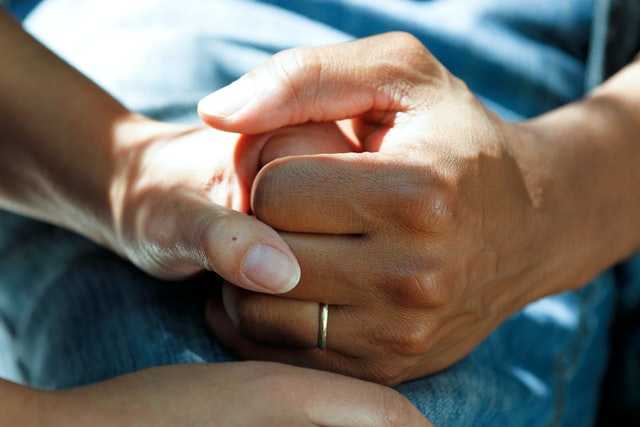Emotional Injury
Emotional Injury from Trauma
Car accidents have the potential to cause serious physical injury. Crashes can also cause emotional distress to the persons involved – both the driver and the passengers. An emotional injury is not always apparent. Emotional distress can lurk under the surface long after the event. We’re going to discuss mental and emotional distress and how they affect accident victims.

What exactly is emotional injury?
In legal terms, ‘pain and suffering’ includes mental distress.
In its mild form, an emotional injury can lead to intense periods of :
- crying;
- anger;
- mood swings;
- sleep disturbance;
- shock, anxiety;
- and temporary sexual dysfunction.
Severe cases may cause serious psychological trauma that leads to:
- intense or irrational fear;
- humiliation;
- mental anguish;
- and depression.
Mild forms of mental and emotional distress go away quickly but the more severe cases require psychological assistance.
Health experts diagnose mental and emotional injuries under such classifications as acute stress disorder or PTSD (Post Traumatic Stress Disorder).
While PTSD is traditionally associated with soldiers who experience extreme violence during battle, it can in fact affect car accident victims. In such cases, the victim relives the accident event in their head over and over, causing paralyzing fear and extreme distress.
PTSD in adults will manifest differently than in children. Adults will re-live the event when a trigger occurs. PTSD in children is much more complex and will manifest later in ways the child or now adult cannot explain.
Proving emotional injury
The first piece of evidence used to prove emotional injury is your own testimony. When seeking treatment for physical injuries, it is important to let your health care provider know about any emotional pain you are experiencing. Be sure to let the provider know about any physical manifestations (like throwing up) that go along with the symptoms.

Unfortunately, many people are afraid of seeking treatment for emotional distress. The fear of the stigma of counseling keeps many people from obtaining the treatment they need. This can be compounded when a person doesn’t have physical injuries or the physical injuries have healed but the trauma continues in the mind.
Evidence of treatment is critical to validate the emotional distress. A professional mental health practitioner is the best source to testify to emotional injuries. Friends and family are important witnesses. However, the victim has to be open about their issues with those closest to them, and few people like being vulnerable about their mental health.
How do insures perceive mental and emotional injuries?
Insurers generally accept claims for emotional injuries as long as the claims are consistent with the physical injury and/or severity of the accident.
For example, if you suffered a mild neck strain from being rear ended and claimed a whole range of symptoms including PTSD, a jury might have a hard time believing you and the insurance company won’t accept the claim (or compensate for it), absence evidence of prior instances which might make you more vulnerable to reoccurance. An inflated claim causes a person to lose credibility with the insurance company and the jury.
A jury might be suspicious if the person didn’t seek medical treatment. Even if an accident victim cries for hours on end, or is afraid to get behind the wheel and has lost their appetite, any claims of emotional injury will be challenged by the insurer if medical treatment was not sought.
How emotional injury affects damages in a car accident claim
Claims for emotional injury don’t usually add to or detract a person’s damages to any large extent unless the injury is severe. From the jury’s perspective, suffering a mild case of mental or emotional distress goes with the territory – if you suffer an accident you’re likely to suffer emotional injury as well.
Many testimonies of mild emotional suffering serve to humanize the victim and to make the insurer understand that the injured victim is a real person who experiences pain and suffering. Severe cases can increase compensation for medical bills and/ or lost earnings.
If you or somebody you know has suffered emotional distress following an accident, contact us today for legal advice and help in preparing a claim – call (512) 246-9191 or fill in the form below.



